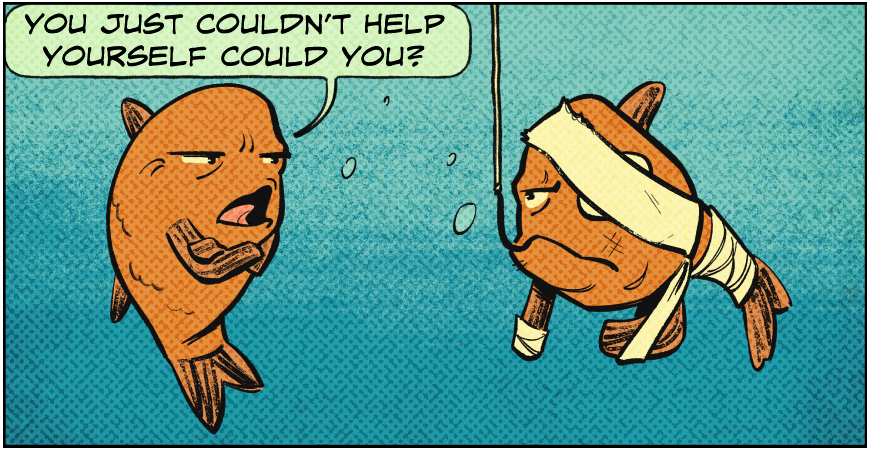If you live in WA and consume news, there’s a good chance you’ve engaged in a conversation about why former West Coast Eagle Ben Cousins’ indiscretions continue to make headlines.
The discussions tend to go like this; “The media should leave the poor bloke alone.” “This is not newsworthy.” “Why is Ben Cousins on the front page again?”
Sound familiar? I don’t disagree with the above statements, but what I do object to, is the suggestion it is the media driving this content.
It’s pretty simple, the more we engage with Ben Cousins-type content, the more the media will deliver it.
Who can honestly say they haven’t watched, clicked on or read a story about Ben Cousins, even though they didn’t agree it was newsworthy?
If you said no, you are either kidding yourself or you are in the minority. The media is being driven by the data. The data shows, Ben Cousins stories rate high.
Every time you watch, read or comment on a story online, or buy a paper with Mr Cousins on the front page, data is being collected.
Every little engagement, be it negative or positive, will only encourage more coverage.
So, what power do you have if you don’t agree with what the media is focusing its resources on? Perhaps consider the best complaint is silence.
By silence, I mean try adopting a conscious consumption mindset.
The saying ‘vote with your wallet’ is when consumers choose brands that align with their values, to support good behaviour and ethics.
I’ve begun embracing this idea in my news consumption by intentionally choosing what I engage in, to hopefully influence what is produced. Unfortunately, just like with consumer brands there needs to be a serious shift in public behaviour for it to make a difference.
The same can be said for clickbait articles. There is no denying media is influenced by ‘click’ targets.
They’re a bit like KPIs in the workplace, where employees focus their efforts to ensure success. This is what can happen with journalists and clickbait, which could ultimately be detrimental to the quality of news produced.
If journalists are motivated by these targets, they could put more emphasis on the trivial stories over those with more depth, resulting in more resources going to ‘the cat up a tree story’ over an investigative piece about the corruption at the local council.
Unfortunately, the more we click, the more demand created, which is forcing reputable organisations such as the ABC to follow suit.
There is in fact a science behind clickbait, the headlines play on our emotions like anger, fear, and excitement, and even though we know we are being manipulated it’s sometimes irresistible. Digital algorithms don’t help the situation either by catering the clickbait specifically to you.
Occasionally we all need a little clickbait escape, but going back to my original point, if you make this a habit, just like with the ‘Ben Cousins effect’, you’ll get the media you deserve.
My advice; start consciously clicking on what you want to see more of and stop clicking on the news you don’t.
My favourite ways to consume news:
- The Australian digital version
- The West Australian digital version
- ABC 720 Perth: AM at 8am
- The Guardian
- World news: Aljazeera.com
- Perth ABC TV at 7:00pm
- Scroll through all local TV Perth news bulletins online via catchup services
 ReGen Strategic
ReGen Strategic